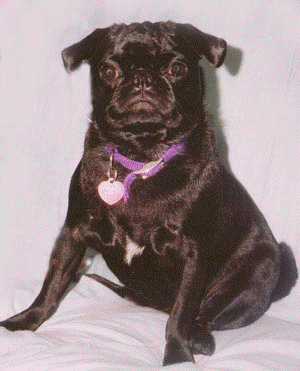|
For Parents
and Teachers:
|
Unit
Title:
|
Learning
All About Computers
|
| Unit
Outcomes: |
Students will become familiar with information
to help them understand what a computer is, the history of computers,
the hardware that is available for computers, what is inside a computer,
several types of software available for computers and how to use the
many functions of computers. |
Technology and the Florida Sunshine State Standards:
|
Language Arts:
L.A.B.2.2.2.4: Student uses electronic technology, including word
-processing software and electronic encyclopedias, to create, revise,
retrieve, and verify information.
L.A.B.2.3.4: Student uses electronic technology including database and
software to gather information and communicate new knowledge.
Science:
SC.H3.2.1: Student understands people, alone or in groups, invent new
tools to solve problems and do work that affects aspects of life outside
science.
SC.H.3.3.6: Student knows that no mater who does science and mathematics
or invents things, or when or where they do it, the knowledge and
technology that results can eventually become available to everyone.
SC.H.3.3.7: Student knows that computers speed up and extend people's
ability to collect, sort, and analyze data, prepare research papers; and
share data and ideas with others.
Social Studies:
SS.A.2.2.1: Student knows the significant scientific and technological achievements
of various societies.
SS.A.2.3.3: Student understands importance technological
developments and how they influenced human society.
|
Unit Objectives:
|
Students will learn the names and understand the contributions of some
people important to the development of the modern computer.
Students will learn the terminology specific
to computers and technology..
Students will define, identify the major components-parts of a computer,
and their functions.
Students will explain the four operations of the informational
processing cycle: input, process, output, and storage.
Student will describe the four types of input and output devices.
Students will begin to develop a mental model of computers as
information-processing machines.
|
References:
|
Teachers Discovering Computers- A Link to
the Future
by G.B. Shelly,T.J. Cashman, R.E. Gunter & G.A. Gunter
Paperback-ISBN:0-7895-4638-8
Computers Don't Byte! by L. Pereira, T. Haag & J. H.G.
Schroeter Paperback ISBN-0-7439-3457-1
Teach Yourself Computer and the Internet Visually by Ruth Maran
Paperback ISBN:0-7645-6041-7
Intel IDEA Program: The Journey Inside: The Computer
http://www.intel.com/education/k12/resource.htm
|
| |
|
HOME |


